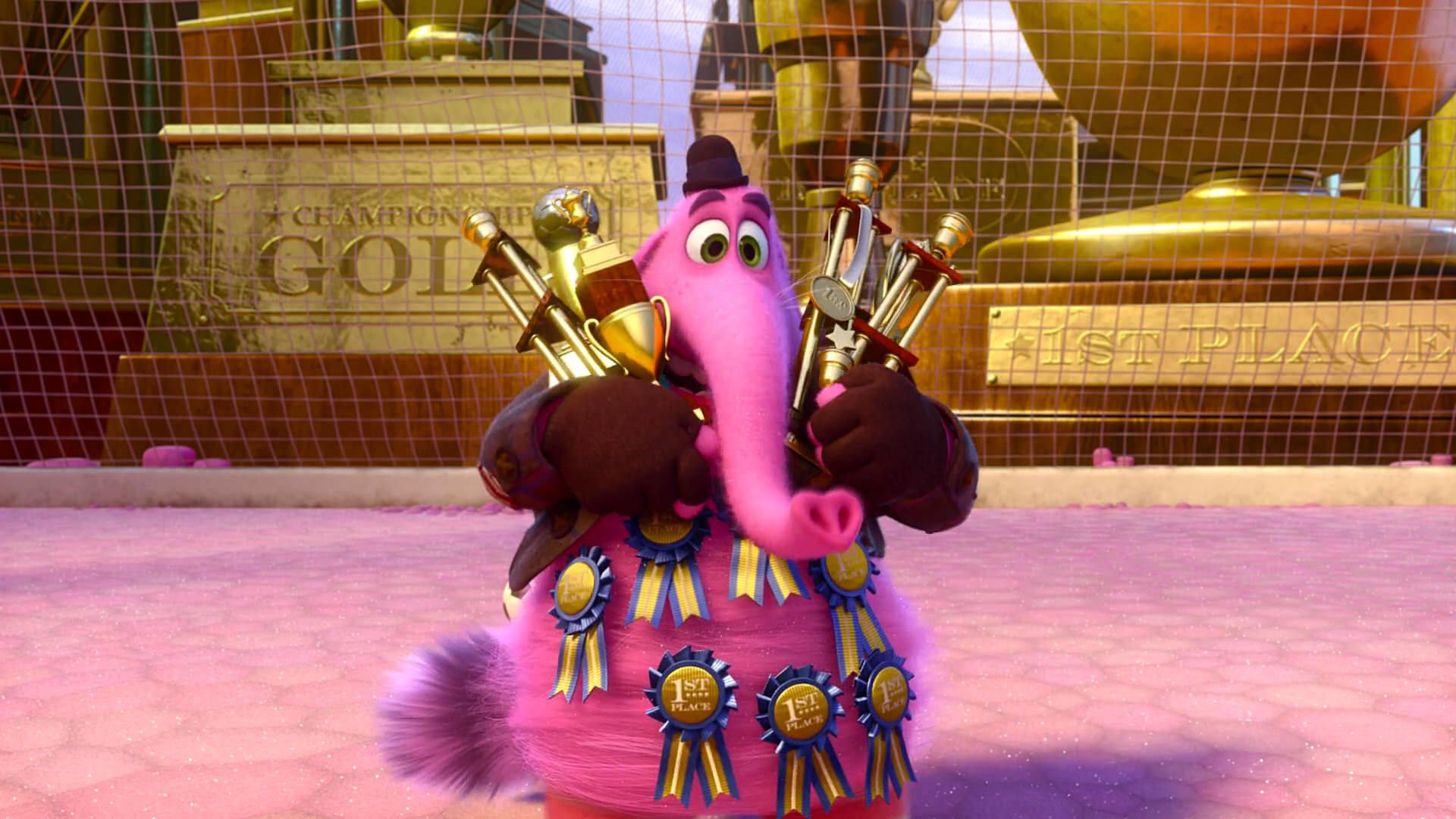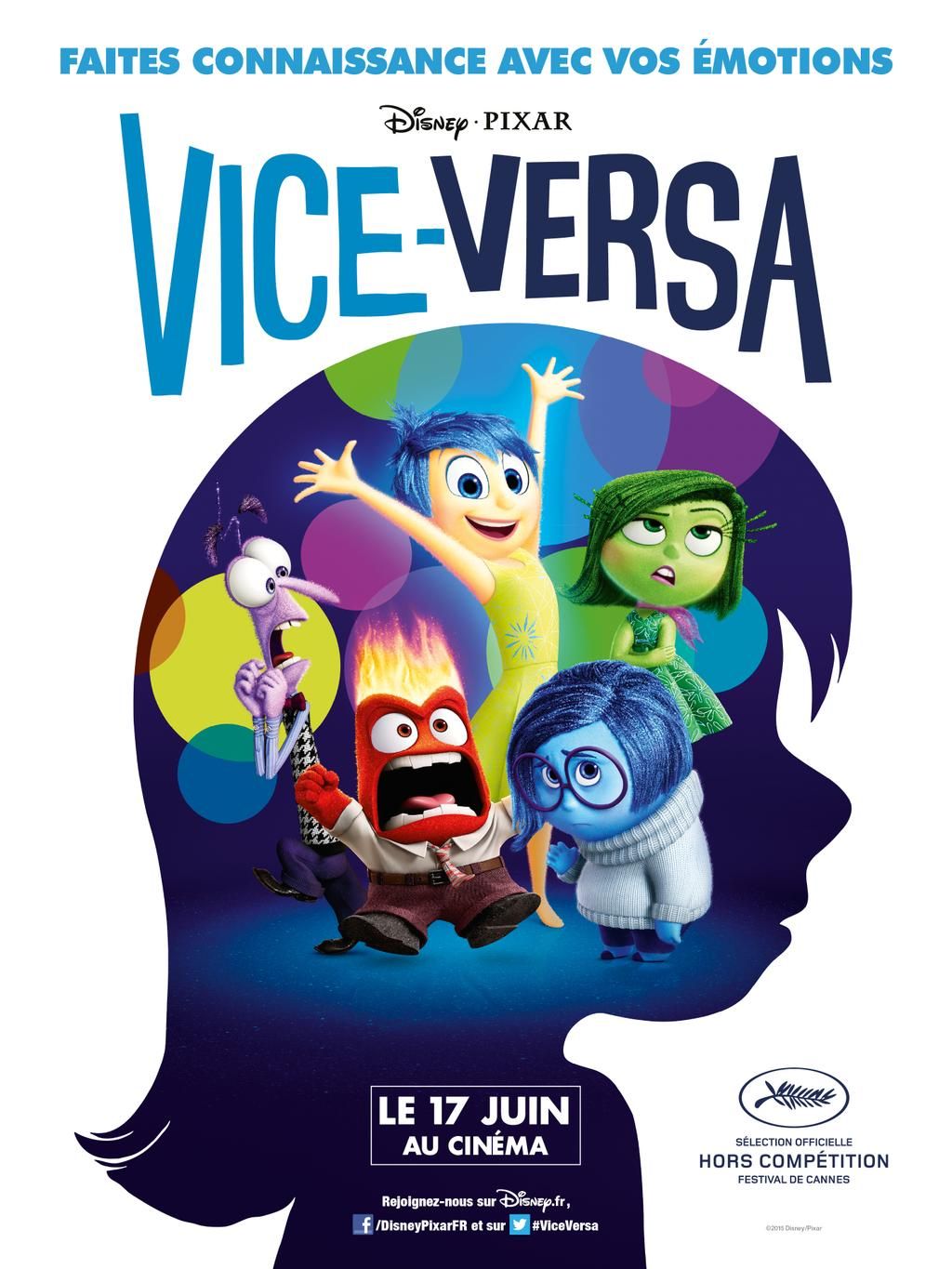
Vice Versa is destined for landmark status – no one who reads its bold, persuasive argument will ever think the same way about sex. Henry Louis Gates, Jr.Ī marvelous, witty, learned, and sexy book.

A tour de force of social criticism, Vice Versa is in itself a cultural event. Garber’s capacities as a cultural commentator – delivered here in funny, witty, and sexy prose – are quite dazzling. Vice Versa uncovers a subject long buried deep within the closet of America’s cultural unconscious. I am personally charmed by Garber’s in-gathering of ancient and modern ancestral bi’s – as quirky and amusing, often, as it is daring and self-defined. Happily, a reading of Garber could – must – set us right, as well as eliminating obesity and Rush Limbaugh. Vice Versa is about three centuries overdue (of course, had it been published three centuries ago it would have been banned in Boston and its author tried at Salem) nevertheless, here it is: a learned, witty study of how our curious culture has managed to get everything wrong about sex. A whirling wonder of history, analysis, and wit, and a serious contribution to burning issues of sexual identity and politics. Garber’s playfulness with language, concepts, and scandals make this both delightfully entertaining and a formidably important work of cultural criticism. In her excellent study Vice Versa Marjorie Garber argues that bisexuality isn’t a third category but a category that undoes identity categories, and that sexuality itself is ‘a narrative that changes over time rather than a fixed identity, however complex.’ The New York Timesĭazzling and provocative. Provocative, enlightening, and exhilarating, Vice Versa invites us to test the limits that sexual labels impose on all that we have been and might become. Gathering evidence from art, literature, film, pop culture, advertising, science, and psychology, Garber documents how, both for cultures and for individuals, circumstance, accident, and inclination produce a rich and complicated history of emotion and experience over time. This unpredictability locates bisexuality not between heterosexuality and homosexuality but beyond them. Garber argues that erotic life is, by nature, politically incorrect and unpredictable. But, as Garber reveals, this pruning away of our sexual lives cuts us off from many deep and important feelings. We tend to select few of those attachments and derive from them a label, “straight” or “gay,” for our “sexual identity.” The rest – an adolescent “crush,” for example, or the passion a favorite teacher inspired – we write off as “phases” or footnotes. But why should we? We live long sexual lives, in the sense that between birth and death we form many intense and varied personal attachments. As part of our contemporary obsession with categories and identities, we use marriage and other institutions, homosexual as well as heterosexual, to pigeonhole sexuality. Yet bisexuality shows up everywhere once we open our eyes – in our daily lives, in our childhoods, in books, movies, art, and popular culture.

The capacity to be attracted, and attractive, to people of both sexes is something we take for granted in the famous and infamous (rock stars and other celebrities) in the unfamous we tend to ignore it or to dismiss it as a confusion or lack of self-knowledge.

In this landmark study, Marjorie Garber takes a long – and long overdue – look at bisexuality.


 0 kommentar(er)
0 kommentar(er)
